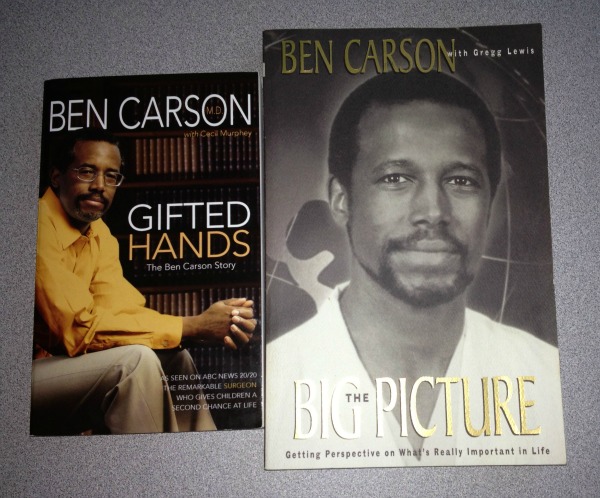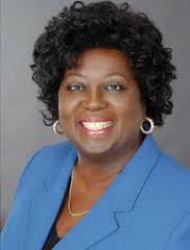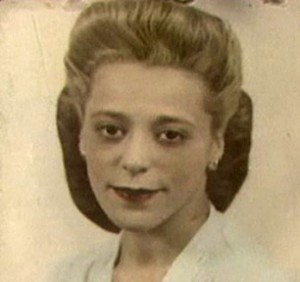On February 4, I attended an event celebrating Black History Month (BHM) in Canada held at the Four Seasons Centre for Performing Arts. It was the 2013 Royal Bank of Canada (RBC) Black History Month Student Essay Competition Reception. RBC asked high school students applying to Canadian colleges or universities to tell their stories of how Black Canadians have helped define Canada’s heritage. More than 150 students sent in their essays and the three scholarship winners were announced at the reception.
Before attending this event, I had never seriously considered that countries other than the United States celebrated Black History Month. During my elementary and high school years in Chicago, Black History Month was always celebrated. We learned that Black Americans invented the traffic signal, different ways to use a peanut, gas mask, and the system to preserve blood plasma. And we always sang the first verse of the Black National Anthem: Life Every Voice and Sing.
 A few years ago, I met Dr. Benjamin Carson, a renowned African American pediatric neurosurgeon who has been recognized with the Presidential Medal of Freedom. He was the first to successfully separate twins joined at the head, and it was very inspiring to meet him, hear his story about growing up in Detroit, and learn of his journey to having gifted hands. So, my notion of Black History Month was very much confined to the U.S. experience.
A few years ago, I met Dr. Benjamin Carson, a renowned African American pediatric neurosurgeon who has been recognized with the Presidential Medal of Freedom. He was the first to successfully separate twins joined at the head, and it was very inspiring to meet him, hear his story about growing up in Detroit, and learn of his journey to having gifted hands. So, my notion of Black History Month was very much confined to the U.S. experience.
However, when the RBC ceremony started, I was surprised to hear Lift Every Voice and Sing sung following the Canadian national anthem, O Canada. I started to feel a sense of home and familiarity. I never imagined that a song I sang every morning in elementary school also belonged to Black people north of the U.S. border.


Since moving to Canada, I recognize that while there are differences, our struggles for recognition, justice and civil rights are very much connected; We are connected across nations, across continents and across the globe…the African Diaspora.
Thank you for this informative article. I learn something new every time I read about the African experience in North American continent. I appreciate knowing the amazing discovery of Dr. Benjamin Carson and the courageous Viola Desmond. Indeed, Africans across the globe connect in their struggles for justice and equal rights.
I am always contemplating on a certain necessity. While the abolition of slavery paved the way for freedom, we are conscious that there are still stereotypes, prejudice and discrimination and violence that Africans face – some are overt and others are not. It is the invisible barriers to equal treatment that we must continue to work to chip away at.
Janet, I wholeheartedly agree that we must be diligent in addressing invisible barriers, that often operate in plain sight. Unfortunately, there is no shortage of barriers related to class, race, gender and otherwise. However, I am encouraged by those who continue to hope and aggressively fight for equity and equality.